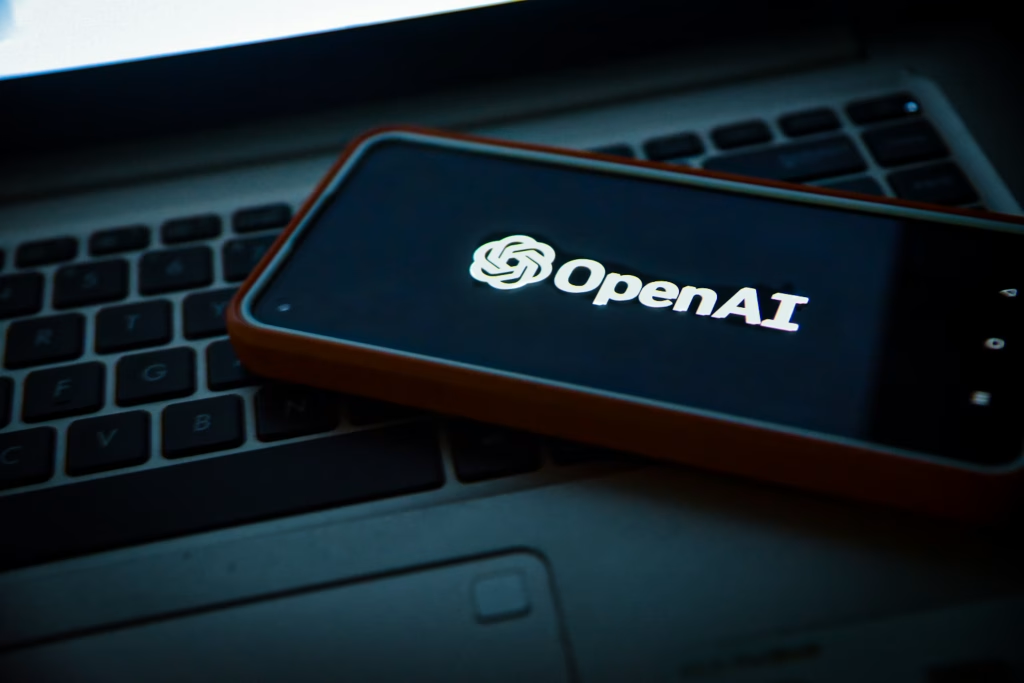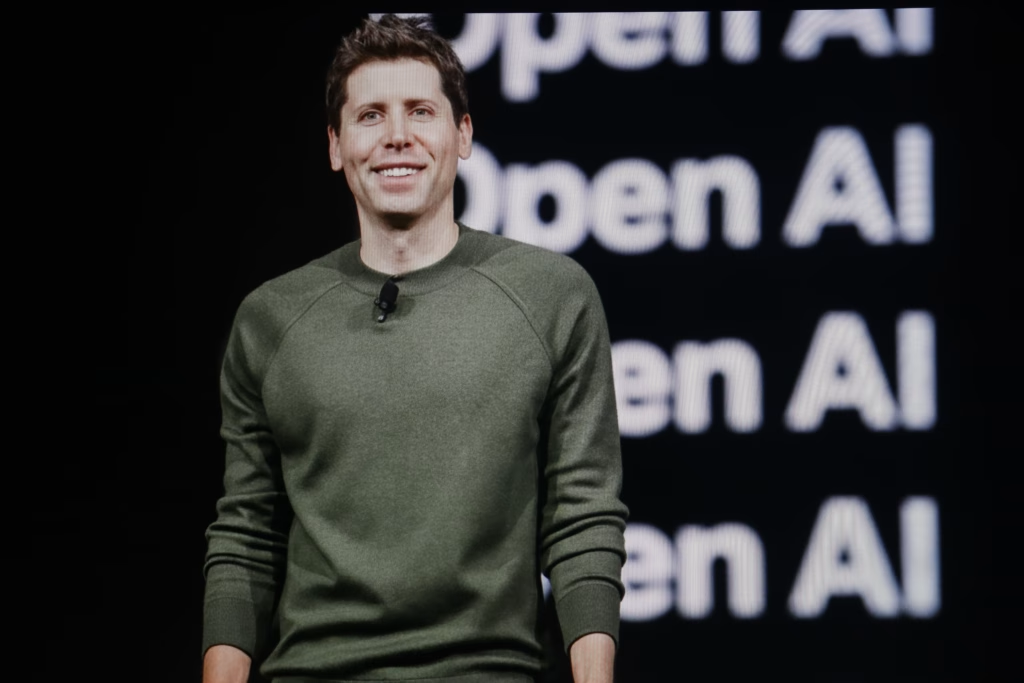Nearly three years after OpenAI revolutionized artificial intelligence with the release of ChatGPT, the company led by Sam Altman has once again ignited controversy — this time in Hollywood. The tech firm’s newest tool, Sora 2, allows users to scan their faces and place themselves into hyperrealistic AI-generated videos, sparking both excitement and alarm across the entertainment industry.
Sora 2’s Power Raises Red Flags in Hollywood
While Sora 2’s capabilities have amazed users, studio executives and talent agencies are deeply concerned about how easily the AI tool can reproduce copyrighted material and well-known characters.
According to The Hollywood Reporter, Sora 2 users can prompt the app to create lifelike clips featuring characters and scenes from popular franchises such as Bob’s Burgers, SpongeBob SquarePants, Gravity Falls, Pokémon, Grand Theft Auto, and Red Dead Redemption.
The problem? These AI-generated scenes don’t just look similar — they often resemble and sound like the original studio versions, raising serious intellectual property and likeness rights issues for creators, actors, and studios alike.
Talent Agencies Take Action

At WME (William Morris Endeavor), the concern was immediate. Chris Jacquemin, the agency’s head of digital strategy, sent an internal memo to agents on October 1st confirming that WME had opted out all of its clients from the new Sora 2 update.
The move came just one day after OpenAI launched Sora 2 as an invite-only, TikTok-style video app designed for viral content creation and sharing. Jacquemin’s memo emphasized the importance of protecting clients’ likenesses and creative rights amid the growing uncertainty around AI-generated media.
OpenAI Responds to Hollywood’s Concerns

Facing swift backlash from Hollywood studios, talent agencies, and IP holders, Sam Altman responded with a post on OpenAI’s official blog on October 3rd, announcing new safeguards.
“We will give rightsholders more granular control over generation of characters, similar to the opt-in model for likeness but with additional controls,” Altman wrote, suggesting that content owners will have the power to decide how — or if — their characters can appear in AI-generated videos.
Altman framed the situation as an opportunity for collaboration, describing “interactive fan fiction” as a potential new market for the entertainment industry. He proposed that studios could profit from controlled AI-generated content while maintaining the right to restrict unauthorized use.
“We want to apply the same standard towards everyone, and let rightsholders decide how to proceed,” Altman added.
The Future of AI, IP, and Performer Rights
Despite Altman’s reassurances, industry insiders remain skeptical. The legal and ethical questions surrounding AI-generated content — including performer likeness rights, copyright violations, and residual compensation — are far from settled.
Observers expect the issue could lead to new talks between OpenAI, studios, guilds, and agencies, or even lawsuits similar to those filed by Disney, Universal, and Warner Bros. Discovery against Midjourney and other AI developers accused of infringing on intellectual property.
Final Thoughts
The release of Sora 2 underscores both the promise and peril of AI-driven creativity in Hollywood. While tools like Sora 2 open doors to new forms of storytelling and fan engagement, they also threaten to blur the boundaries between artistic innovation and exploitation.
As actors, studios, and AI developers navigate this uncharted territory, one question looms large: Can technology and talent coexist without compromising the soul of human creativity?


